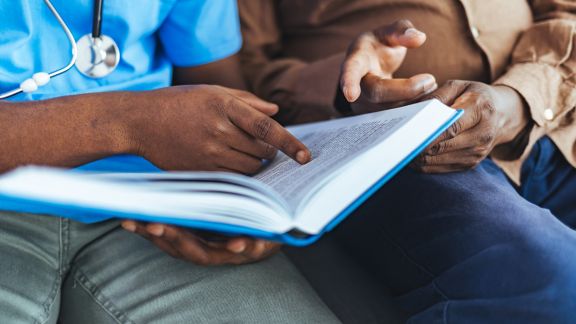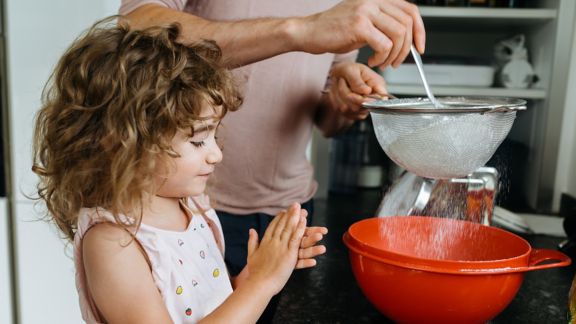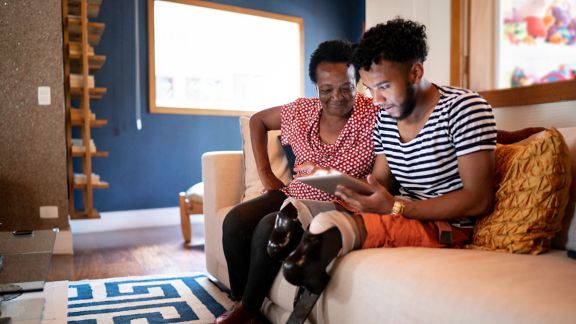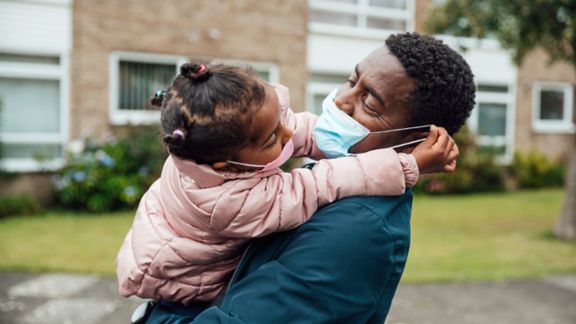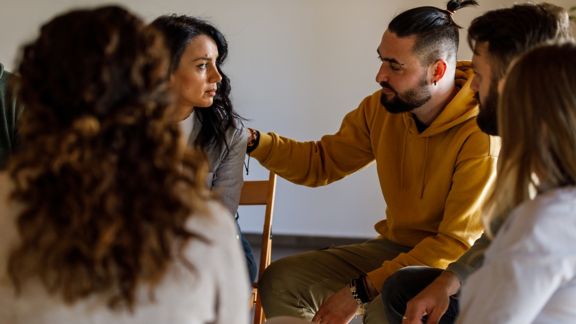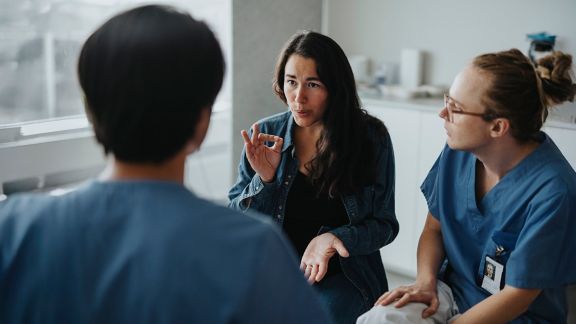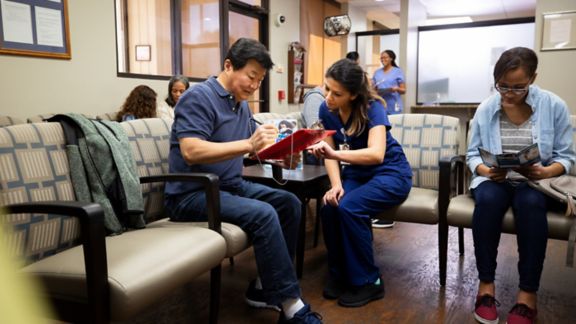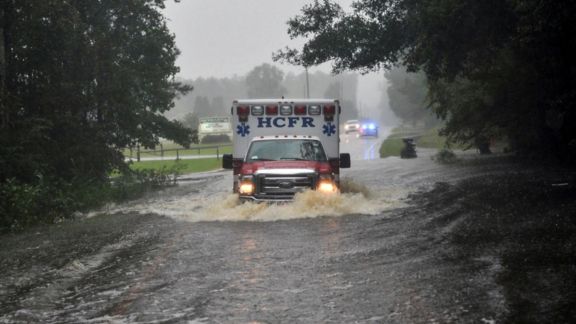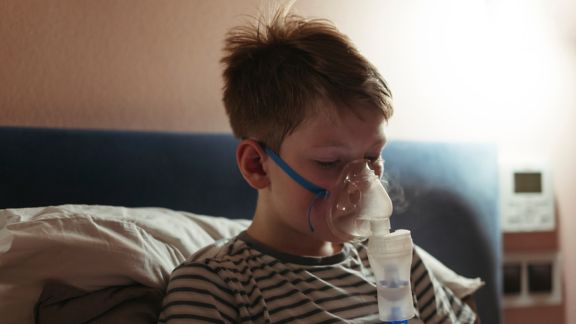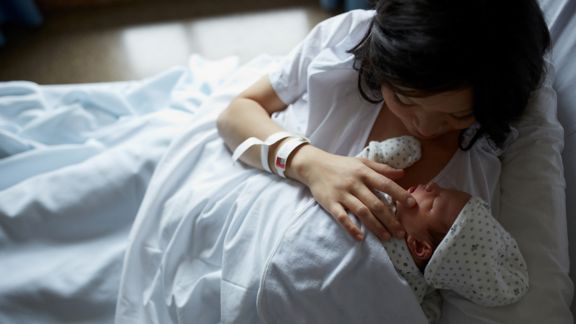Petry S. Ubri
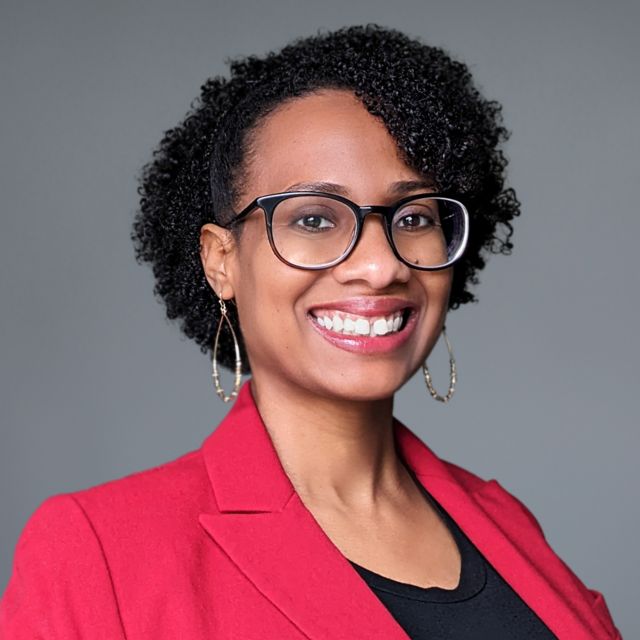
Petry S. Ubri has more than a decade of experience in qualitative and mixed methods research. She has led and supported numerous studies involving interviews, focus groups, and surveys—often in both English and Spanish—across topics such as Medicaid and CHIP policy, behavioral health, gambling, and public health preparedness. Her work includes directing and managing projects for federal agencies, foundations, and academic institutions, including studies on sensitive topics like intimate partner violence and reproductive health. Ubri has extensive experience in participatory research, working closely with community partners to design and implement studies that reflect lived experiences and inform program improvements. She has contributed to evaluations of health programs and services, including assessments of home and community-based services and organizational initiatives to improve service delivery.
Examples of her recent work includes leading a community-engaged evaluation of Minnesota’s home and community-based services (HCBS) assessment process, supporting the Morehouse School of Medicine’s evaluation of its Network for Community-engaged Primary Care Research (NCPCR), and contributing to NORC’s study on the social and economic impacts of sports betting in Massachusetts. Across these projects, Petry has applied rigorous qualitative and mixed methods to generate findings that help inform policy and practice.
Earlier in her career, Ubri served as a policy analyst at the Kaiser Family Foundation’s Program on Medicaid and the Uninsured, where she assessed the effects of policies on Medicaid, low-income, uninsured, and immigrant populations.
Quick Links
Education
MSPH
Johns Hopkins Bloomberg School of Public Health
BS
Wharton School of the University of Pennsylvania
Project Contributions
Publications
-
Putting the Community-Engaged Research Framework into Practice
Toolkit | December 29, 2025
-
Putting the Community-Engaged Research Framework into Practice
Toolkit | October 10, 2025
-
Sports Betting Among Young Adults in Massachusetts: Preliminary Findings
Presentation | September 4, 2025
-
Sports Betting among Young Adults in Massachusetts: Findings at a Glance
Project Report | September 4, 2025
-
Innovations in Medicaid: NORC Expert Videos
NORC Article | October 28, 2024
-
Measuring the Collective Community Capacity of a network to address health inequities during a public health emergency Findings from the National COVID-19 Resiliency Network
Journal Article | October 4, 2024
-
“Womens Health Needs Study: Somali”
For Participants | July 23, 2024
-
“Women’s Health Needs Study (WHNS): Minneapolis”
For Participants | July 23, 2024

